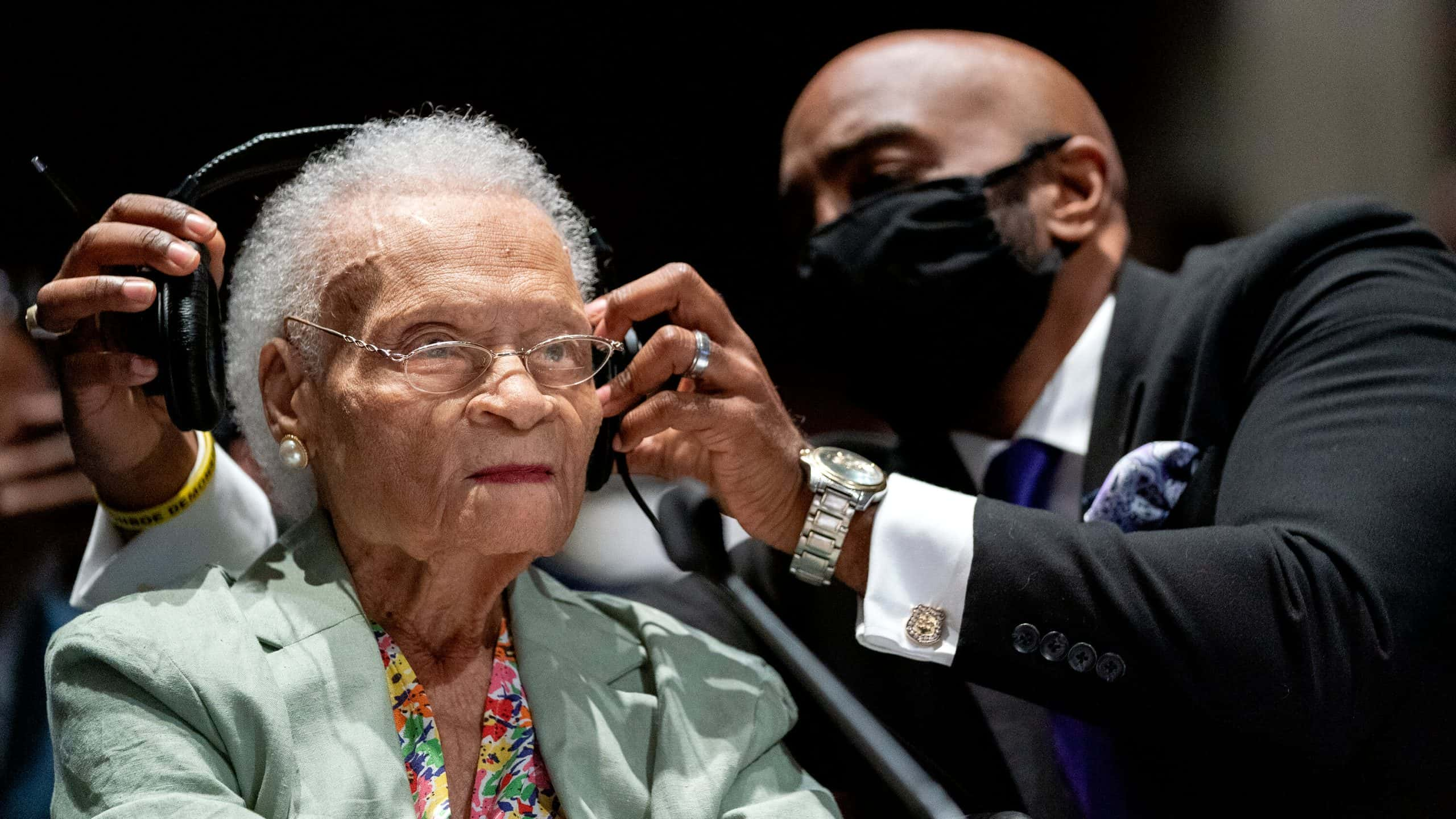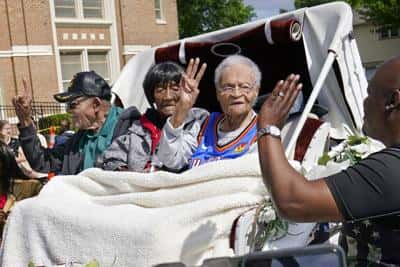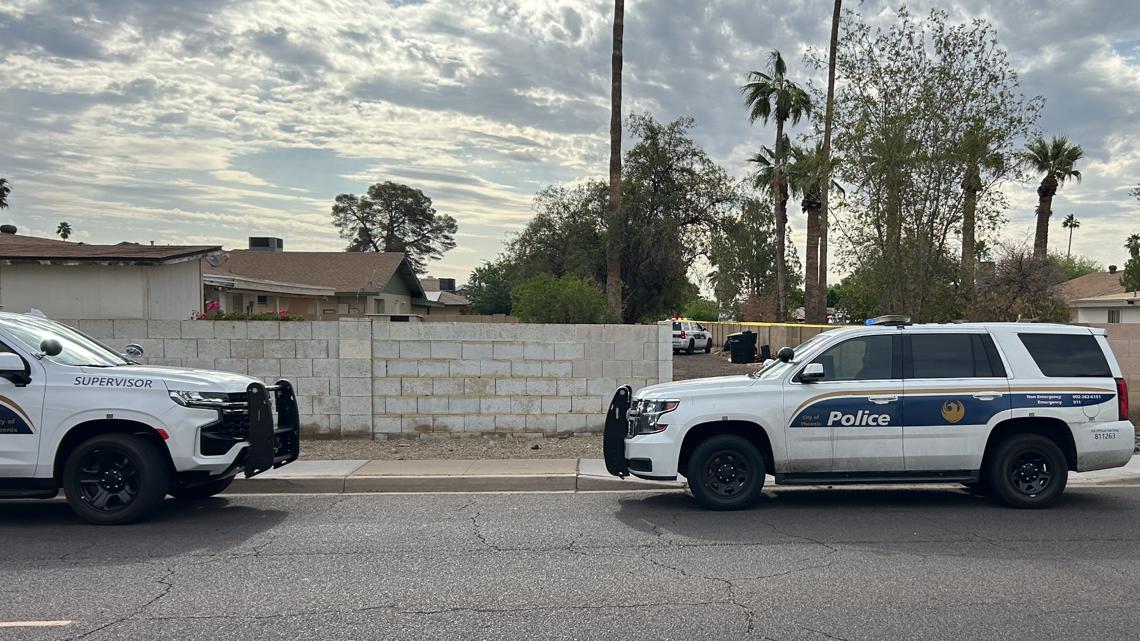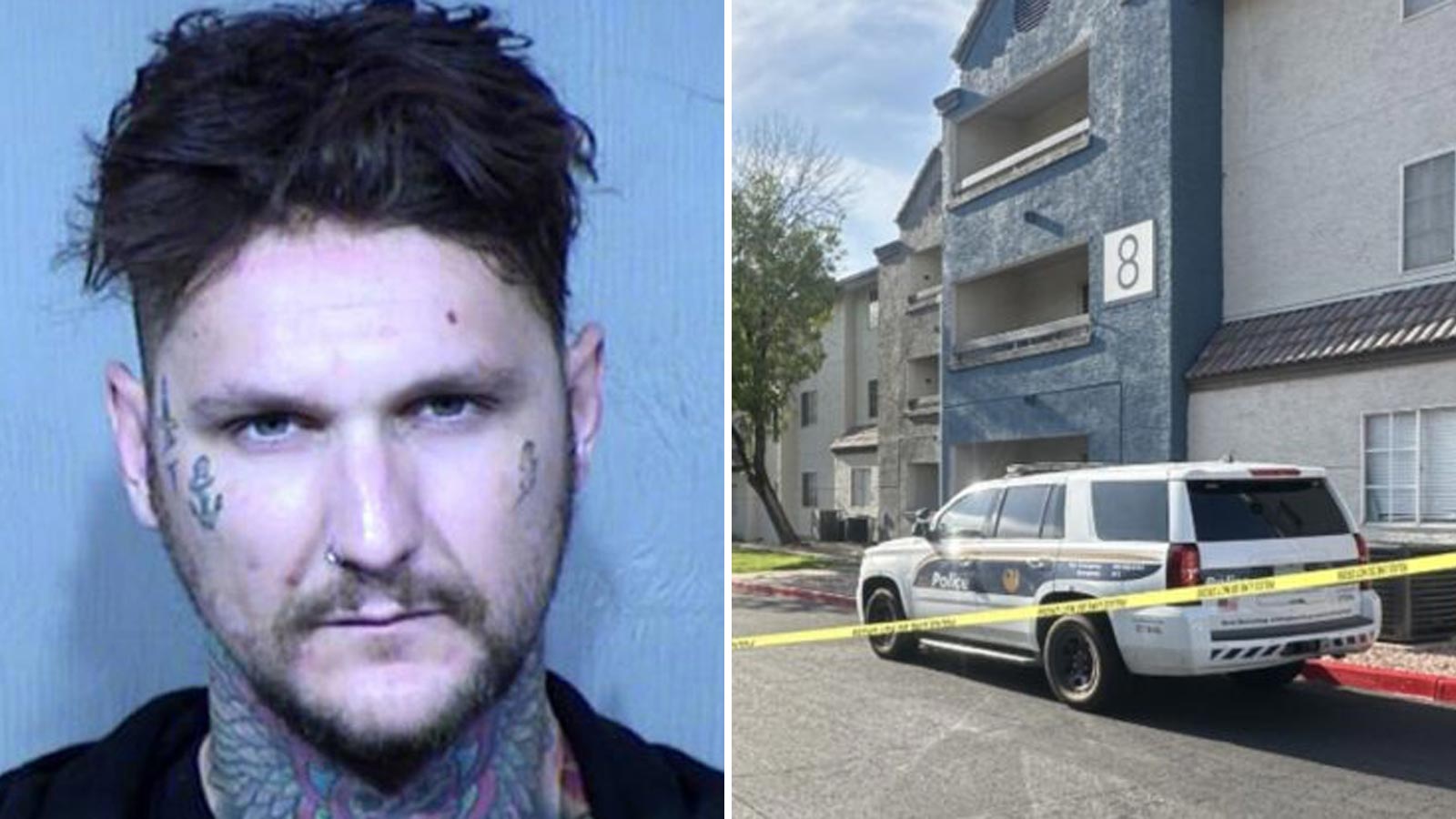According to court records, an Oklahoma judge dismissed the reparations claim brought by the final Tulsa race massacre survivors on Friday.

The three Tulsa race massacre survivors had been embroiled in a years-long legal struggle with the City of Tulsa and other groups and officials over opportunities lost when the city’s Greenwood area was burned down in 1921.
According to the Tulsa Historical Society and Museum, although there were 36 deaths recorded at first, historians now think the number could have been as high as 300. Thousands were left homeless.
The final Tulsa race massacre survivors included Hughes Van Ellis, 102, her brother, Lessie Benningfield Randle, 108, and Viola Fletcher, 109, according to a recent CNN article.
The Tulsa race massacre survivors maintained that the harm caused by the massacre constituted a “public nuisance” from the beginning and sought relief from this nuisance as well as “recover for unjust enrichment” that others had accrued as a result of the “exploitation of the massacre.”
A public nuisance is defined as an unreasonable interference with a right that the general public shares in common, according to Cornell University’s Legal Information Institute.
The City of Tulsa, on the other hand, asked that the case be dismissed with prejudice against refiling, claiming, among other things, because according to them, a person does not automatically have the right to compensation from every project that is in any way tied to a historical event just because they are connected to it. Hence, the Tulsa race massacre survivors were left frustrated.
According to court documents, Judge Caroline Wall determined on Friday that the plaintiffs’ Second Amendment petition “should and shall be” dismissed with prejudice “after hearing the arguments of counsel and considering the briefs filed by counsel for Tulsa race massacre survivors and counsel for defendants.”
According to the city, if that were the case, then anyone associated with a historical event may bring comparable allegations of unfair enrichment against any memorial or museum.
The family lawyers of Tulsa race massacre survivors are anticipated to discuss the potential for an appeal. Randle’s family members could not be reached right away.
Ed Mitzen, who made a private $1 million payment to the Tulsa race massacre survivors, told CNN on Saturday that the Oklahoma State government should be embarrassed by itself for not doing right to the Tulsa race massacre survivors, one of whom fought for this country in World War II.
When a vicious White mob targeted Black citizens and destroyed the thriving Black economic center in her neighborhood, Fletcher was only 7 years old.




